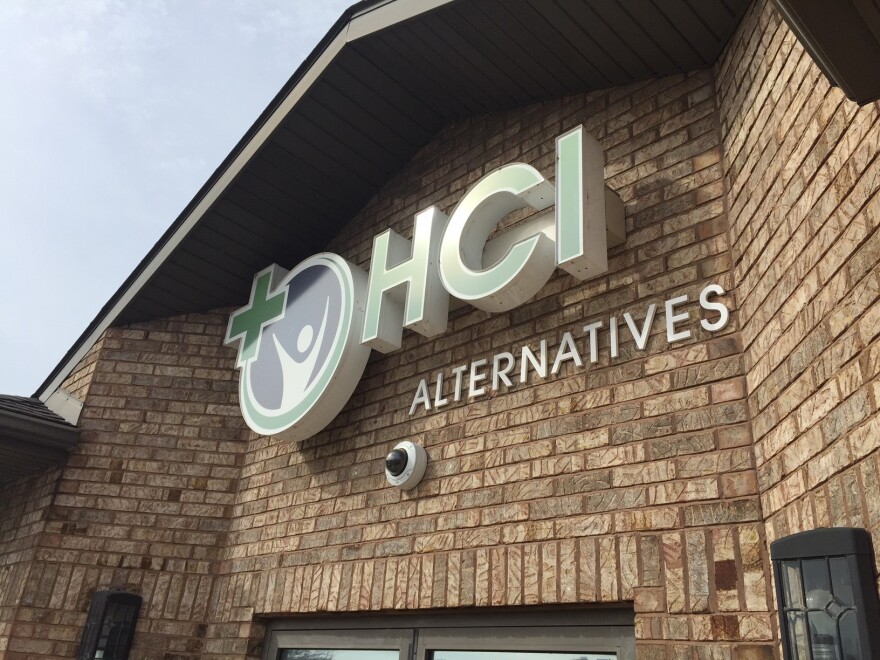Regulators and dispensary operators are taking stock of medical marijuana in Illinois as the state's program hits the two-year mark. The Illinois Department of Public Health says it has approved approximately 31,500 patients for the program, compared to more than 36,000 who have completed the application process. It has also approved more than 50 dispensaries throughout the state, including HCI Alternatives in Collinsville.
Loading...
Scott Abbott is the company's chief operating officer. He recently gave his assessment of medical marijuana in Illinois and where the business could be headed.
On the future of medical marijuana
Abbott says much of the future boils down to federal versus state's rights. The federal government considers cannabis as a drug on par with heroin, which Abbott insists is not correct. That classification is having an impact.
"The fact that it's still a Schedule 1 drug means that the insurance companies are not going to get involved in it. The banking industry's not going to get involved in it," Abbott said. He pointed to the Food and Drug Administration, which might be preparing to release two cannabis-derived drugs to treat children's seizures.
"If that is the case, there is no way the DEA (Drug Enforcement Administration) can continue to say that there is no medical use for cannabis."
On the climate in Springfield
A legislative committee recently voted 16-1 in favor of a measure that stipulates if a patient is eligible for an opiate prescription from a doctor, then the person is also eligible for a cannabis card. That would give patients a pain-treatment alternative as the nation deals with opioid abuse. Another bill in Springfield calls for legalizing pot for recreational use.
Abbott, a former police officer, believes that's a good idea, as long as strict regulations remain in place. "History has shown that prohibition doesn’t work," he said, while adding that the so-called war on drugs hasn't worked.
"My preference would be that we legitimize it," Abbot said, citing safety issues and potential tax revenue for the state.
On patient impact

Shifting patients off opioids and on to a cannabis program has been one of the program's biggest successes, according to Abbott. An overwhelming number of patients surveyed by the company claimed they have been able to eliminate opioids from their treatment programs because of medical marijuana.
Abbott has also said many cancer patients are citing medical marijuana for an improved quality of life. Many continue the treatment option even though the cost usually isn't covered by insurance.
On surprises with the program in Illinois
The patient count numbers are lower than HCI Alternatives anticipated, and that's not because of a lack of interest.
"The State of Illinois hasn't been able to roll the cards out as quickly as we thought they originally would," he said.
At the same time, Abbott is positive about the regulatory rollout of the program. "Going into it, we didn't really know what to expect," he said. "But another pleasant surprise was really just how well the program has unfolded."
Follow Wayne on Twitter: @WayneRadio





